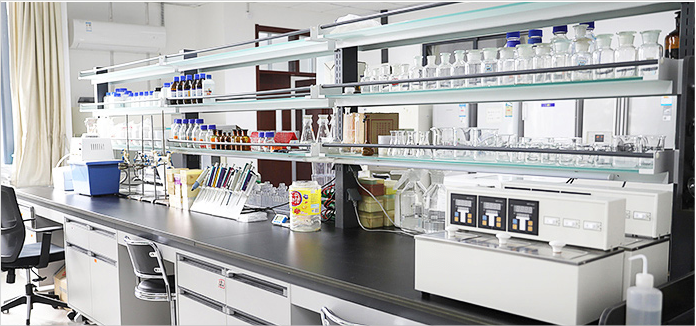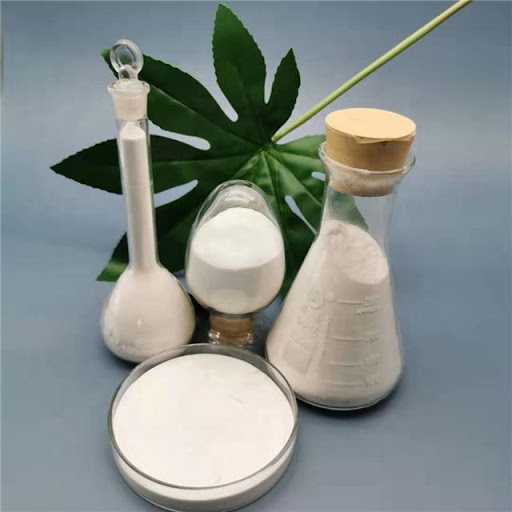Polyvinyl Alcohol (PVOH) Suppliers High-Performance Water-Soluble Polymer
- Introduction to Polyvinyl Alcohol (PVOH)
- Key Properties and Technical Advantages
- Differentiating PVOH from Polyvinyl Acetate
- Market Insights: Growth Drivers and Data Trends
- Leading PVOH Manufacturers: Comparative Analysis
- Custom Solutions for Industrial Applications
- Case Studies: PVOH in Action

(polyvinyl alcohol pvoh)
Understanding Polyvinyl Alcohol (PVOH) and Its Industrial Relevance
Polyvinyl alcohol (PVOH) is a water-soluble synthetic polymer renowned for its adhesive, emulsifying, and film-forming properties. With a global market projected to reach $1.45 billion by 2028 (CAGR 5.2%), PVOH serves critical roles in packaging, textiles, and pharmaceuticals. Its biodegradability aligns with sustainability mandates, driving adoption in eco-conscious industries.
Technical Superiority of PVOH in Material Science
PVOH outperforms conventional polymers with oxygen barrier rates up to 0.01 cm³/m²/day, far exceeding polyethylene's 150 cm³/m²/day. Key attributes include:
- Thermal stability up to 200°C
- Tensile strength of 50-100 MPa
- Water solubility adjustable from 5°C to 90°C
Structural Comparison: PVOH vs. Polyvinyl Acetate
While both derive from vinyl acetate monomers, PVOH undergoes alkaline hydrolysis to achieve 98-99% alcoholysis. This creates hydroxyl groups instead of acetate in polyvinyl acetate (PVAc), resulting in:
| Property | PVOH | PVAc |
|---|---|---|
| Water Solubility | High | None |
| Adhesion Strength | 45 N/cm² | 28 N/cm² |
| Biodegradation Period | 30-90 days | 5+ years |
Market Dynamics and Demand Projections
The Asia-Pacific region dominates PVOH production (62% share), with Chinese manufacturers increasing capacity by 18% annually. Sustainability regulations propel demand, particularly in:
- Detergent pods (28% market share)
- Pharmaceutical coatings (19% CAGR)
- Eco-friendly packaging films (34% sector growth)
Global PVOH Manufacturer Benchmarking
| Company | Capacity (kT/yr) | Specialization | Certifications |
|---|---|---|---|
| Kuraray | 150 | High-purity grades | FDA, REACH |
| Mitsubishi Chemical | 120 | Textile sizing | ISO 9001 |
| Sinopec | 200 | Industrial adhesives | Halal, Kosher |
Engineered PVOH Solutions for Sector-Specific Needs
Advanced manufacturers now offer:
- Cold-water soluble variants (activation at 5°C)
- Cross-linked grades for moisture resistance
- Anti-static formulations for electronics packaging
Custom molecular weights (13,000-130,000 g/mol) enable precise viscosity control from 4 cP to 65,000 cP.
Real-World PVOH Applications Driving Industry Transformation
A recent implementation in food packaging reduced oxygen ingress by 89% compared to traditional films. In textile production, PVOH sizing agents decreased warp breakage rates from 12% to 1.8%, saving mills $220/ton in yarn costs. Pharmaceutical companies report 40% faster dissolution times using PVOH-coated tablets versus gelatin capsules.

(polyvinyl alcohol pvoh)
FAQS on polyvinyl alcohol pvoh
Q: What is polyvinyl alcohol (PVOH) and what are its primary uses?
A: Polyvinyl alcohol (PVOH) is a water-soluble synthetic polymer. It is widely used in adhesives, coatings, textiles, and biodegradable packaging due to its film-forming and emulsifying properties.
Q: What is the key difference between polyvinyl alcohol and polyvinyl acetate?
A: Polyvinyl alcohol (PVOH) is derived from the hydrolysis of polyvinyl acetate (PVAc). While PVAc is a thermoplastic adhesive, PVOH is water-soluble and used in applications requiring biodegradability or solubility.
Q: How is polyvinyl alcohol (PVOH) manufactured?
A: PVOH is produced by hydrolyzing polyvinyl acetate (PVAc) under alkaline or acidic conditions. Manufacturers adjust hydrolysis levels to control solubility and mechanical properties for specific applications.
Q: Who are the leading global PVOH manufacturers?
A: Top PVOH manufacturers include Kuraray Co., Ltd., Sekisui Chemical Co., Ltd., and Mitsubishi Chemical Corporation. These companies produce PVOH for industries like textiles, construction, and pharmaceuticals.
Q: Is polyvinyl alcohol (PVOH) environmentally friendly?
A: PVOH is biodegradable under specific conditions, making it popular for eco-friendly films and packaging. However, its environmental impact depends on disposal methods and additive content.
-
The Versatile World of Carboxymethyl Cellulose Solution for Industrial SolutionsNewsJul.23,2025
-
Reliable Redispersible Polymer Powder Options for Professional BuildersNewsJul.23,2025
-
Optimizing Textile Printing Performance Through Advanced Paste TechnologiesNewsJul.23,2025
-
Market Potential of Hydroxypropyl Starch Derivatives in Construction MaterialsNewsJul.23,2025
-
Innovative Applications of HEmc Cellulose in Modern IndustriesNewsJul.23,2025
-
Hpmc Gel Powder Adhesive Building ExcellenceNewsJul.23,2025








